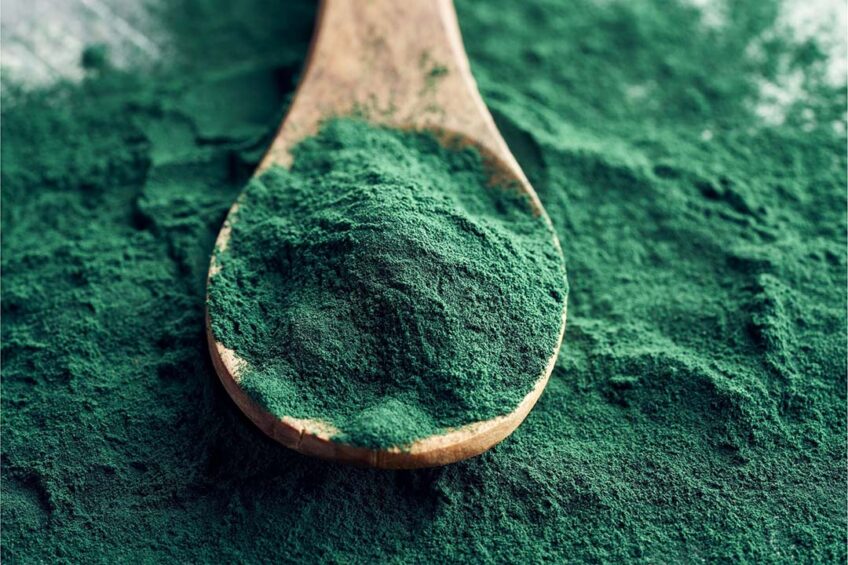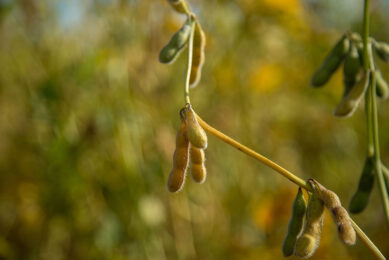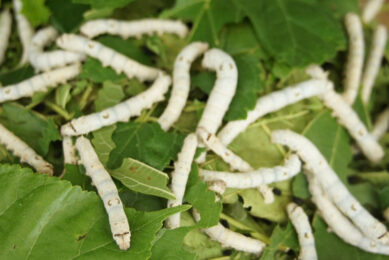Scientists explore the benefits of algae for poultry

A review of integrating algae into poultry diets shows a promising avenue for enhancing nutrition, boosting sustainability efforts and potentially stimulating disease resistance.
The research, published in Frontiers, led by scientists from Texas A+M University in the US, looked into the essence, diversity, chemical composition and nutritional merits of algae, spotlighting its emergence as innovative nutrient sources and health supplements for poultry.
The growing interest in algae within poultry nutrition stems from their diverse nutritional profile, as it boosts a rich array of proteins, lipids, amino acids, vitamins, minerals and antioxidants, leading them to be valuable feed constituents.
Numerous health benefits
The scientists said incorporating both macroalgae and microalgae could help increase protein levels – Spirulina and Chlorella exhibit protein levels of up to 50-70%, outperforming traditional sources like soybean meal. This premium protein source not only furnishes vital amino acids for muscular development and overall health but also serves as a reservoir of omega-3 fatty acids, such as eicosapentaenoic acid (EPA) and docosahexaenoic acid (DHA), presenting numerous health benefits for both birds and consumers.
Algae also boast antioxidant properties attributed to bioactive compounds like phycocyanin and astaxanthin, mitigating oxidative stress and boosting the bird’s immune response, fostering robust health and disease resilience.
Benefits for broilers and laying hens
The study found that research evidence underscores the enhancement of growth rates, feed conversion ratios, carcass quality, and meat attributes in broilers, while in layers, supplementation promotes increased egg production, superior egg quality and increased concentrations of beneficial nutrients such as omega-3 fatty acids.
Algae can also mitigate the environmental footprint of poultry production though at present results are sporadic, leading to the need for further research to find out optimal doses and blends for different algae species in poultry diets. Standardising the composition of algae utilised in research is imperative, paving the way for potential applications in poultry nutrition as growth stimulants and substitutes for antibiotics.
However, a deeper understanding of dosage, combination and mechanism of action through rigorous scientific investigation is key to unlocking algae’s full potential within poultry nutrition, the study concludes.












